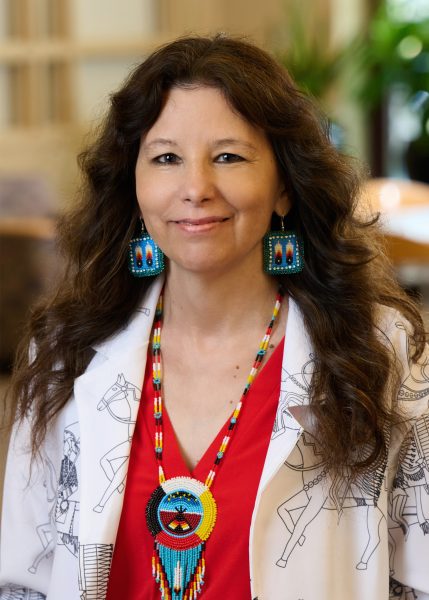What do students do in this clinic?
From the moment the Tribal Code Drafting Clinic course starts, students are introduced to a small firm environment where the faculty member serves in a senior partner role. Students receive drafting assignments that have been approved as legal development projects at the request of tribal governments and organizations. Typical projects include legislative drafting and reform; drafting and amendment of statutes; creation of mainstream, traditional, and hybrid dispute resolution processes; and policy document development. Students may be asked to include an appendix with a schedule of fees and/or fines for regulatory measures to accompany a tribal law provision. Successive drafts are discussed with the faculty supervisor, and the last best draft is reviewed with in-house legal counsel. Every project requires a memorandum by the law student explaining drafting choices, setting forth open questions, and seeking feedback on various potential options for further development of the document.
FAQ
-
What happens in the classroom component?
During the weekly classroom sessions, students use a coursebook for discussion on tribal governance, law development, and other legal issues. The instructor guides the discussion and may bring in guest lawyers to provide perspectives on tribal governance work. Every class session starts with a roundtable on course projects.
-
What do students learn in this clinic?
Students learn about drafting tribal laws, policies, and/or regulations requiring a breadth of knowledge across legal fields with the additional requirement of being well-versed on a particular Tribal Nation’s history, tribal governance documents, tribal laws, and interaction with the federal government and state government. Students also review law as involving cross-cultural perspectives.
-
When is this clinic offered?
The Native Law Clinic is offered in the spring semester.
-
How many credits?
The clinic is offered for four credits. Students may discuss their availability with the instructor for more than four credits.
-
Are students permitted or encouraged to take this clinic for additional semesters?
Students may take the clinic more than once.
-
Are there any required or recommended pre-requisites?
Yes, 4313 Native American Law is a pre-requisite.
-
Can students with full-time jobs take this clinic?
Yes, students should plan for a four-credit time requirement of 180 hours to take the course but can balance the time commitment with other activities such as employment.
-
Can students who live outside the Twin Cities take this clinic?
Yes, the Native Law Clinic is offered as a Blended Learning option that meets remotely and synchronously.
-
Who should take this clinic?
Students who have taken the 4313 Native American Law course and are seeking to better understand the work of in-house lawyers for tribal governments. Students who are seeking the Native American Law and Sovereignty Certificate and would like to satisfy the experiential requirement of three credits.
Native American Law and Sovereignty Institute

